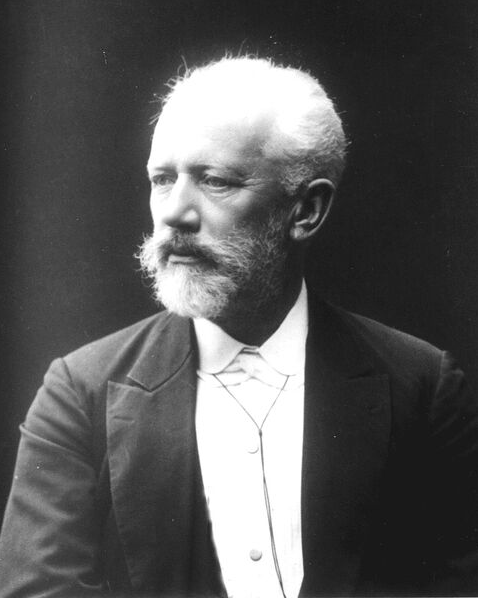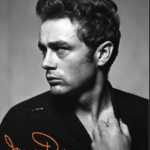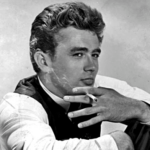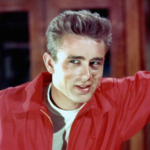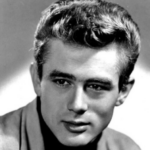Tchaikovsky’s Lover(2/2), Mrs. Nadezhda von meck
Who had a lover for Tchaikovsky, a composer representing Russia?
Pyotr Ilyich Tchaikovsky (1840–1893) was a composer and conductor of “Swan Lake”, “The Nutcracker”, “The Symphony” and “The Four Seasons”.
Tchaikovsky even tried to marry Desiree Artaud to overcome his homosexual sensibility.
However, he was forced to marry Antonina Milleukova, who failed to marry Arto, but he was defeated in two months.
The story of marriage that faced marriage failure and breakup was examined in the previous episode.
In this episode, we will look at Mrs. Nadezhda von Meck, who sponsored Tchaikovsky’s music activities, based on the materials that secure as much objectivity as possible.
1. Mrs. Nadezhda von meck, Tchaikovsky’s patron
Let’s learn about Nadezhda von meck, who sponsored Tchaikovsky unconditionally and financially for 14 years, and her relationship with Tchaikovsky.
In 1876, Tchaikovsky had a special relationship with Nadezhda Filaretovna von Meck (1831–1894), a wealthy widow who supported his work.
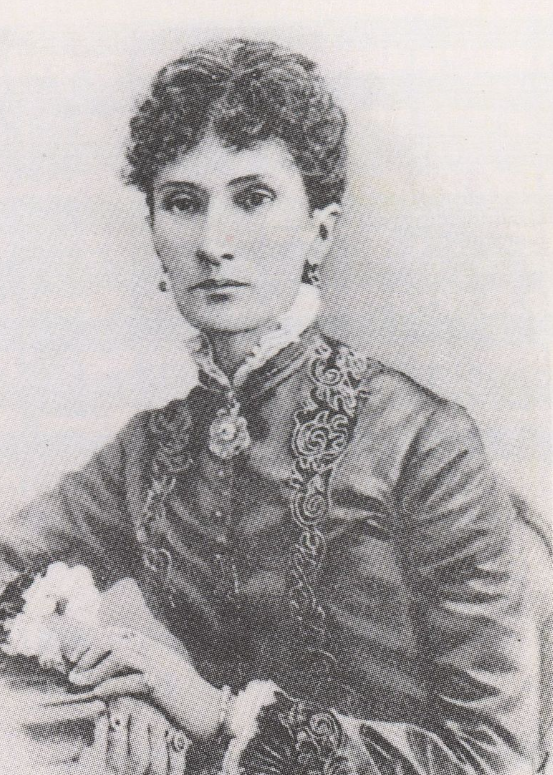
Nadezhda von meckh paid Tchaikovsky a sufficient pension of 6,000 rubles per year for 13 years, although Tchaikovsky married Antonina Milleukova in 1877.
Tchaikovsky received decisive financial help that allowed him to focus on creative activities such as composing as a musician, away from his job as a professor.
She was already impressed with music such as Tchaikovsky’s symphonic poem “Tempest,” introduced herself as a “fierce follower” and commissioned her to play several violin and piano pieces at home. Tchaikovsky was willing to comply, and from this point on, she came to provide a pension.
On October 4, 1890, Mrs. von meckh sent a letter notifying her of her sudden loss of property. Tchaikovsky’s nervous breakdown worsened when her relationship with Mrs. von meckh and her pension were cut off at the end of October.
Mrs. von Meck’s unilateral break-up had shocked him so much that he was said to have repeatedly called von Meck’s name in an enraged voice, causing a delirium in his hospital bed just before his death.
Although it is not known exactly why Mrs. von Meck stopped Tchaikovsky’s sponsorship, there are theories about Milleukova or that violinist Vladislav Pakleski, Mrs. von Meck’s son-in-law, informed her mother-in-law that Tchaikovsky was gay.
Eventually, Mrs. von Meck cut off her sponsorship when she was found to be gay.
Mrs. von Meck was a Russian businesswoman, an influential supporter, especially in the field of music. She is best known to this day for her artistic relationship with tchaikovsky.
They agreed on the condition that they did not meet each other and funded the pension, and Tchaikovsky dedicated her F minor symphony No. 4. Not only that, but she also provided financial support to many musicians, including Nikolai Rubinstein and Claude Debussy.
2. Pyotr Tchaikovsky, composer
Pyotr Ilyich Tchaikovsky (1840–1893) was born in a mining village accommodation in the remote rural Kamskoboskinesk region of Urals.
Ilya Petrovic (1795-1880), a Ukrainian government coal mine engineer, was a junior official who also served as supervisor of mines owned by the Russian Empire. Her mother, Alexandra, was a mixed-race Russian woman with French and German blood.
Although his father, Ilia, was a low-ranking official in the Russian Empire, he was quite economically incompetent and quite indifferent to his family.
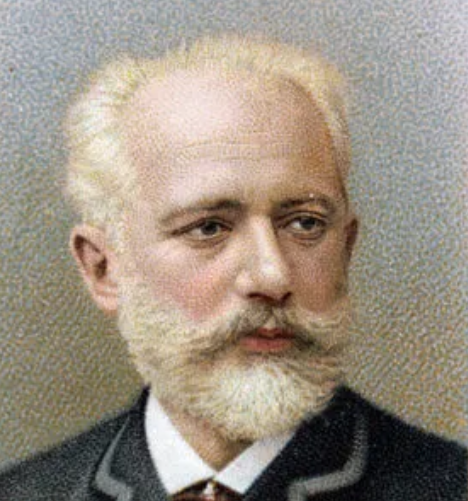
Tchaikovsky started playing the piano at the age of 4, but he invited a tutor to learn history, geography, literature, French and German, and he showed more talent in the language, so he was already able to speak German and French at the age of 6 and 7.
He was educated by a French governess because of the customs of Russian high society at the time and because his mother was a French woman.
He loved the French tutor, but he quit in 1848.
Tchaikovsky, a boy who understood and followed her well, is said to have turned into a reticent child due to the shock of breaking up with her.
It is said that the shock at this time even went to the time of his life in the dormitory of the law school in Petersburg.
3. Tchaikovsky’s Homosexuality Emotions
In 1850, in accordance with the then upper class trend, Tchaikovsky entered the pre-law school in St. Petersburg. The shock of his childhood separation from the tutor persisted throughout his dormitory life, making it even more unbearable.
There, he met Apuchtin, a fellow student, and became friends with him for the rest of his life, and Apuchtin learned homosexuality from the age of 13, and his same-sex relationship with his homeroom teacher was also rumored.
Around this time, Tchaikovsky became aware of his homosexuality, but he had only a few friends who were introverted and reticent because homosexuality was treated as a sin in the religious doctrine and social atmosphere of Russia.
His extremely introverted personality and his mother, Alexandria, suddenly died of cholera in 1854 were severely shocked. Although his separation from a governess and his mother’s death placed him under psychological strain, he graduated from law school with excellent grades.
Tchaikovsky came to think of himself as a tramp in terms of sex, as he found himself fond of and affection for other male boys.
He also became obsessed with the guilt of having an affair. He had no children with Milleukova, which led to the spread of rumors that he was gay and liked children, but eventually did not have his own posterity.
The fact that he couldn’t get his children and the guilt and shame of being gay made him live in frustration and solitude for a long time, and his only comfort with binge drinking and creation.
4. Controversy over the cause of Tchaikovsky’s death
Between 1866 and 1867, he married to Ukraine and spent his summer vacation at his sister’s house in Kamenka, Ukraine.
One day, when he saw his young maternal nephew and felt the feeling of love, he died for a while due to excessive guilt and shame over his sexual love for his maternal nephew.
Tchaikovsky felt compassion for Tatyana, the heroine of “Yevgeny Onegin” in his work, which is a projection of his first love, the tutor, the girls he had a crush on when he was a boy, or one of his mothers who died young.
Since 1889, the tour has been successful, and despite this performance and continued popular success, his mental illness and bipolar disorder have not improved.
He did not experience much economic hardship due to the royalties he earned. He died of cholera at the relatively young age of 53 in St. Petersburg on November 6, 1893, a few years before his death.
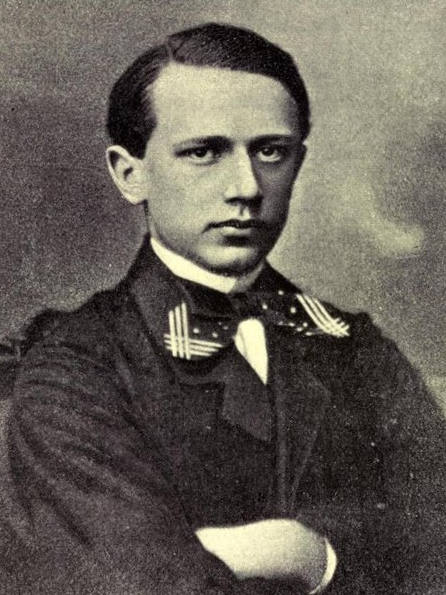
However, the cause of death is controversial as an autopsy in 1979 from the Soviet culture concluded that arsenic poisoning.
There is a theory that Tchaikovsky disguised his death as suicide because of his homosexual relationship with the child of a celebrity, or that Tchaikovsky was killed, but it is not accurate.
After his death, his brother Modest’s body was moved to his home and buried at the Alexander Nevsky Monastery Cemetery on November 10 of that year. His funeral was packed with people, and 8,000 mourners came to the monastery cemetery when he was buried.

